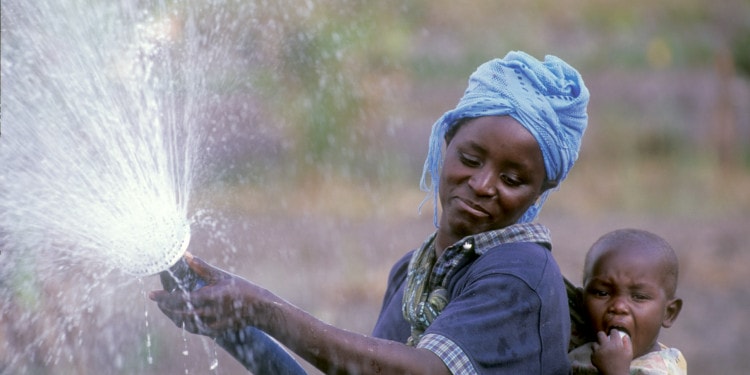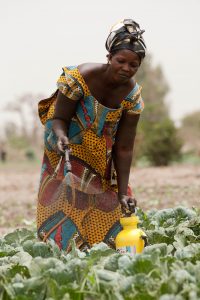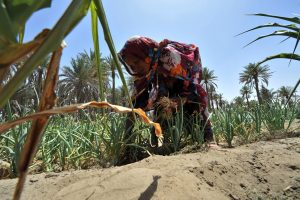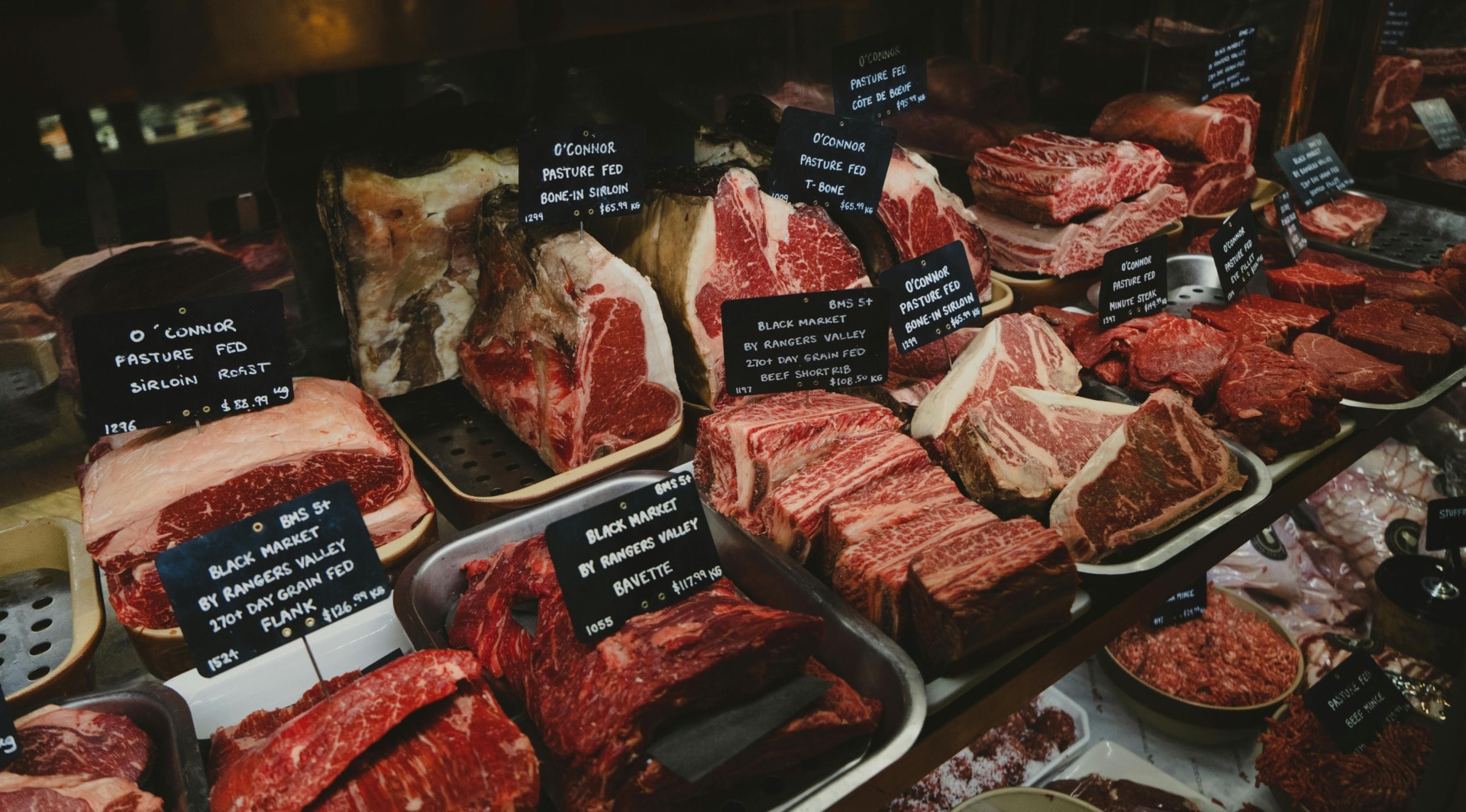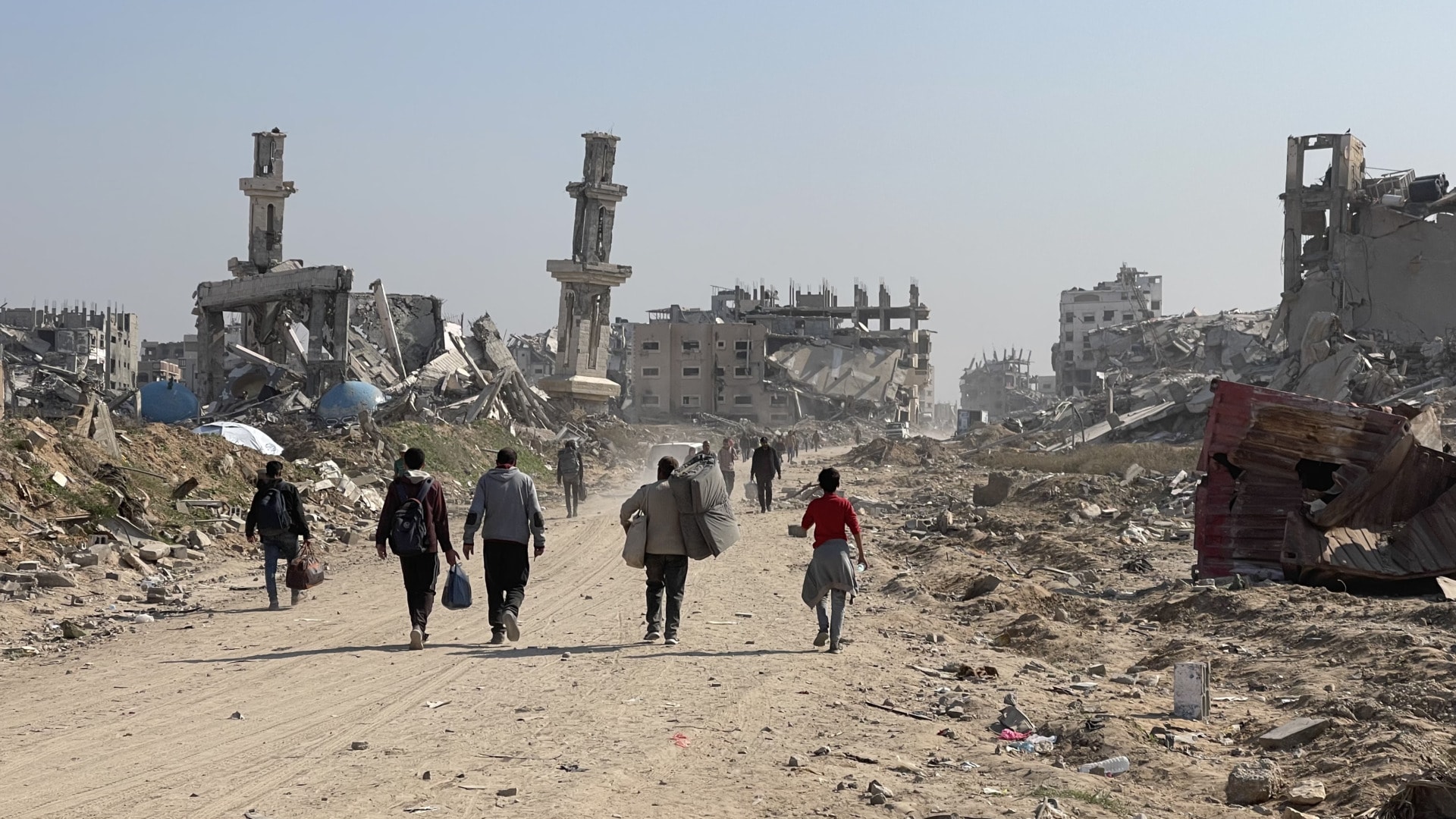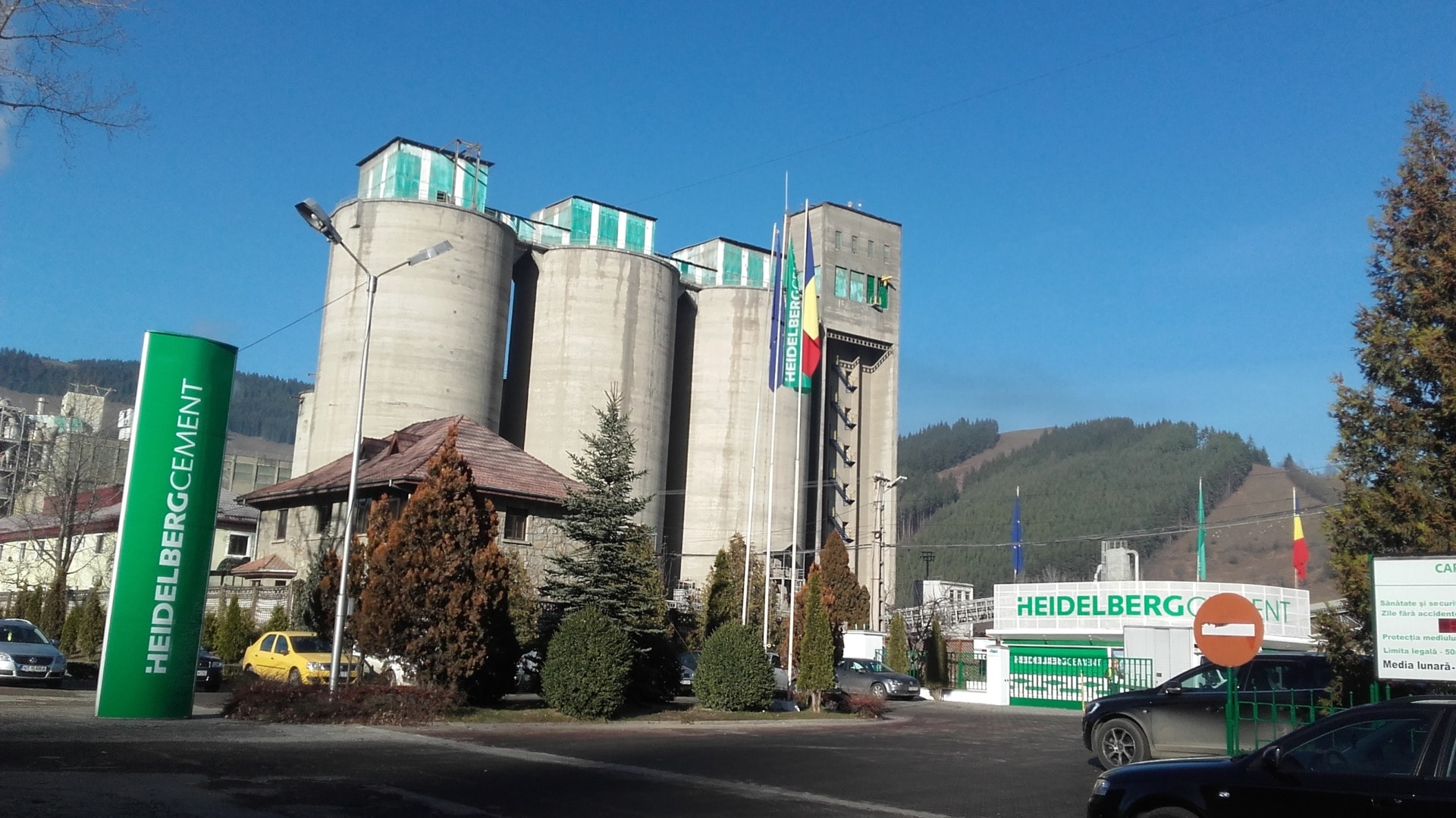EDITOR’S NOTE: THIS PIECE IS AUTHORED BY Elisabetta Tagliati, Programme Officer at the Secretariat of Rotterdam Convention based at the Food and Agriculture Organization of the United Nations (FAO). THIS PIECE IS PART OF A SERIES EXPLORING THE SUSTAINABLE DEVELOPMENT GOALS. SEE THE INTRODUCTION TO THE SERIES HERE.
Women are central to the development of rural areas and national economies. They make up over 40 percent of the agricultural workforce worldwide, with that number rising to 70 percent in some countries. With these figures in mind, I believe strongly that sustainable development depends on improving rural women’s access to resources and opportunities. It is often through women that food security and nutrition is enhanced for current and future generations.
Gender inequality is a major cause and effect of hunger and poverty. Chronic hunger continues to impact some 800, 000 000 people globally. Women, girls and children are among the hardest hit. Achieving gender equality remains crucial to reaching the targets set by the United Nation’s Sustainable Development Goals (SDGs), namely SDG5 (Gender Equality).
What is more, gender equality and rural women’s empowerment are central to the UN’s FAO mandate, to reduce poverty and achieve food security for all. Partnerships play a crucial role in increasing the impact of development interventions, and as such are FAO’s key mode of operation.
Related article: “THE STRATEGIC VALUE OF POOLED FUNDS IN DEVELOPMENT”
In my role at FAO, I focus on the global threats posed by the use and misuse of pesticides. There is a big need to promote shared responsibility and encourage cooperative efforts among countries. With tens of thousands of chemicals and pesticides on the world market, governments have their hands full, especially as global trade expands each year. About 200, 000 000 farmers around the world, apply pesticides and plant protection products to their crops each year. Not all of them present obvious dangers. If you want to get rid off pests at home there is an emergency pest control company that can help you out, find more about it on their website.
PHOTO CREDIT (AS BELOW): FAO
Yet, as we witness continually, communities lacking the right adequate capacities to manage chemicals are particularly vulnerable. Improper use, and inadequate storage and management, can lead to sick and absent farm workers, serious illness, disability and even death.
A key challenge which we strive to address—is to protect human health and the environment.
There is a strong correlation between poverty and exposure to risks in the work place. The very poor, are more vulnerable precisely because they have a limited capacity to assess the many hazards associated with pesticides, which are often applied without protection or training.
I have traveled to countless countries around the world throughout my career and have seen the consequences of this first-hand.
What does a family in rural Togo, living close to Burkina Faso’s borders, have in common with those from a farming community in Georgia? What problems do children going to school in Rwanda, share with kids of their same age playing near rice fields in Bangladesh?
PHOTO CREDIT : FAO
Each is exposed directly or indirectly to pesticides without knowing it. There are countless other potential concerns. Children frequently carry water to school in plastic bottles that previously contained herbicides, or they play close to freshly sprayed fields.
I have seen farmers mixing pesticide solutions with their bare hands, and then go on to treat their crops without washing and without wearing gloves or protective masks. I have also observed elderly ladies washing their son’s backpacks—used to contain spraying equipment—in their kitchen sinks. Usually it’s better to contact professional pest control Hobart to make sure to eradicate the problem at home.
 PHOTO CREDIT: FAO
PHOTO CREDIT: FAO
Where we can inform, we can change.
My work centers around raising awareness of the dangers concerned, so that women and children have a greater understanding, and therefore more power and control over their own livelihoods and especially personal safety. Establishing sound controls, of national and international legislation and regulations, that take into account hazardous pesticides is essential. The Rotterdam Convention, which is co-managed by FAO and the UN’s Environment program, sets out to do so in order to help countries improve public health and ultimately build a safer planet.
Experience teaches me that, there is a strong need to increase data collection on the use of pesticides and related poisoning incidents, in order to create awareness among and a link to decision-making institutes such as pesticide registrars.
If we empower agriculture-dependent communities, and give them the knowledge and tools they require, they can both provide for and protect themselves as well as setting an example for future generations. An understanding of good practices is handed on from one generation to the next, and lasting change depends on our ability to make this happen.
 PHOTO CREDIT : FAO
PHOTO CREDIT : FAO
We cannot solve hunger if we do not have gender-sensitive programming, that addresses access to opportunities for women, through education: providing protective gear or bridging the language divides, that often mean women and men fail to understand the risks they are running, in using hazardous chemicals on their fields.
If we can get the message across that a pesticide can be helpful but also extremely harmful, then we are doing our job.
Recommended reading: “THE SDG STORY: AN INSIDER ACCOUNT OF HOW IT ALL CAME ABOUT”


